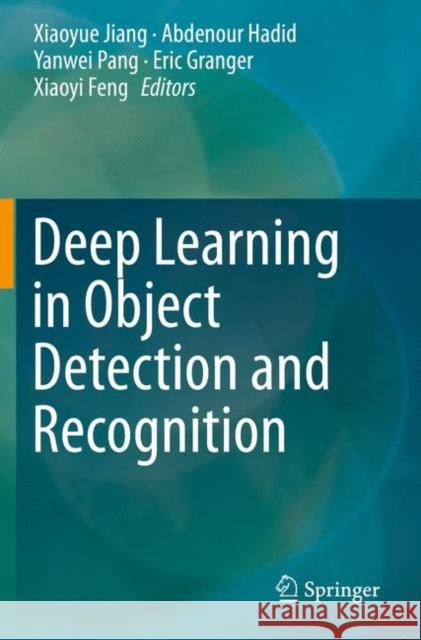Deep Learning in Object Detection and Recognition » książka
topmenu
Deep Learning in Object Detection and Recognition
ISBN-13: 9789811506512 / Angielski / Miękka / 2020 / 224 str.
Deep Learning in Object Detection and Recognition
ISBN-13: 9789811506512 / Angielski / Miękka / 2020 / 224 str.
cena 684,33
(netto: 651,74 VAT: 5%)
Najniższa cena z 30 dni: 616,85
(netto: 651,74 VAT: 5%)
Najniższa cena z 30 dni: 616,85
Termin realizacji zamówienia:
ok. 16-18 dni roboczych.
ok. 16-18 dni roboczych.
Darmowa dostawa!
Kategorie:
Kategorie BISAC:
Wydawca:
Springer
Język:
Angielski
ISBN-13:
9789811506512
Rok wydania:
2020
Wydanie:
2019
Ilość stron:
224
Oprawa:
Miękka
Wolumenów:
01











